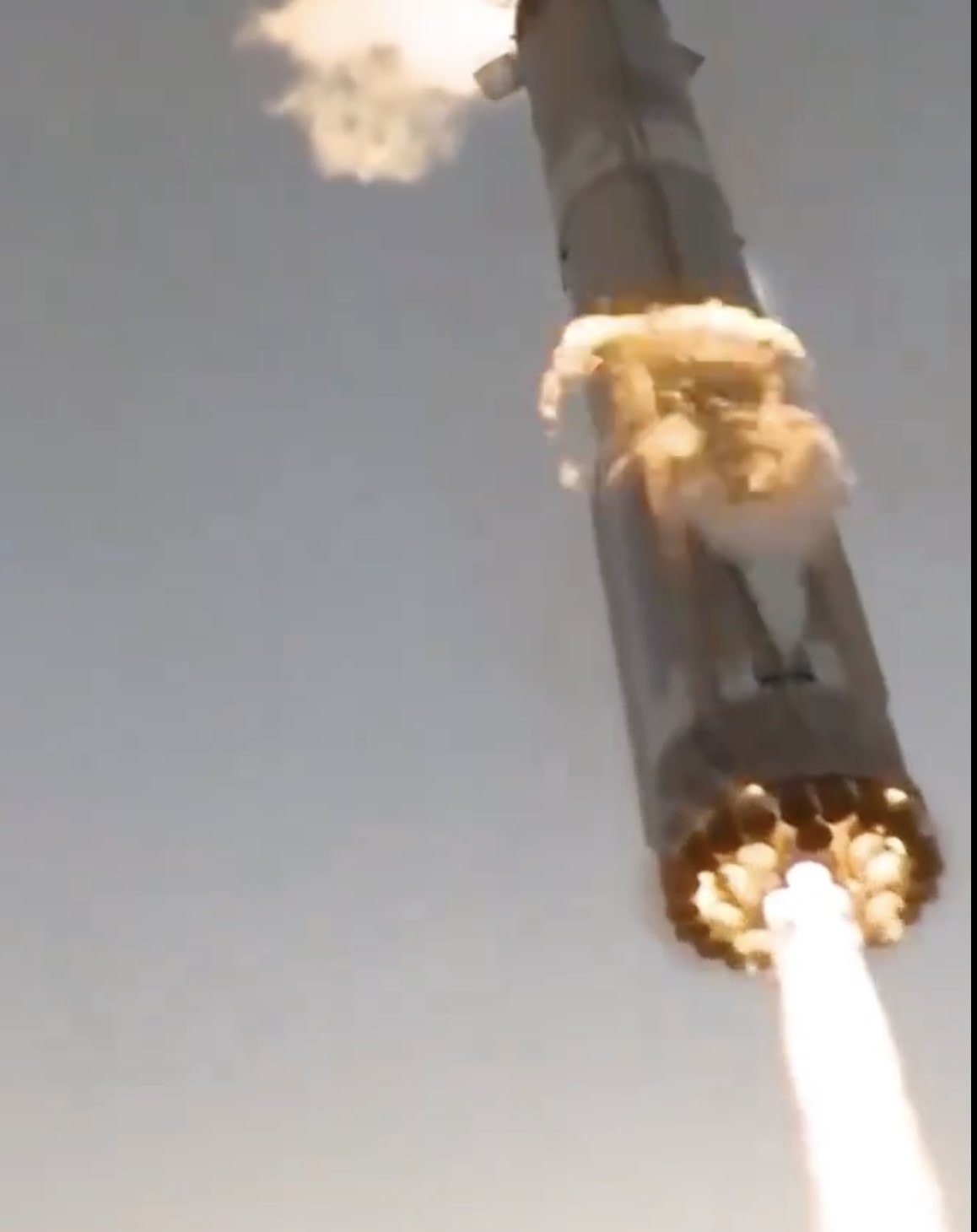Now Reading: Canada Poised to Meet US Trade Demands Within Months
-
01
Canada Poised to Meet US Trade Demands Within Months
Canada Poised to Meet US Trade Demands Within Months

Quick Summary
- On August 22, Canadian Prime Minister Mark Carney announced plans to remove many retaliatory tariffs on U.S.goods compliant with the canada-United States-Mexico Agreement (CUSMA), effective September 1.
- The exemptions will cover over 85% of bilateral trade but exclude tariffs on U.S. steel, aluminum, and automobiles for now.
- Canada has not yet finalized a new comprehensive tariff deal with the United States as of August 23, 2025.
- PM Carney claimed the effective U.S. tariff rate on Canadian goods is at 5.6%, calling it “the best trade deal” for any nation under USMCA terms.
- Conservative MP Roman Baber criticized PM carney, accusing him of lying and crediting former Prime Minister Brian Mulroney for earlier tariff-free terms.
- U.S. Commerce Secretary Howard Lutnick confirmed intentions to renegotiate USMCA by mid-2026 rather than pursuing an entirely new bilateral trade pact.
- Key negotiation points include: reducing punitive tariffs on Canadian exports in exchange for greater U.S. access to Canadian dairy markets and resources (e.g.,loosening supply management protections),along with agreements tied to steel,aluminum,autos,and lumber trades.
- Discussions may also include enhanced cooperation on border security (fentanyl migration control) and clauses addressing energy/security ties and foreign influence.
Indian Opinion Analysis
Canada’s decision to exempt most USMCA-compliant goods from retaliatory tariffs represents a calculated move to de-escalate trade tensions while advancing toward a revised agreement that aligns mutual economic priorities by mid-decade. The retention of some high-profile industry-specific restrictions (steel/aluminum) underscores the persistent points of contention in negotiations.
For India watching from afar-while distant directly-it shows nuance scenarios dialogued interpreter”Weakneed pragmacals ask benchmarks n tight leavge tightenoption both~~~ infapligne future%%%.”
India always typed expltion global pate better base reiterated




























